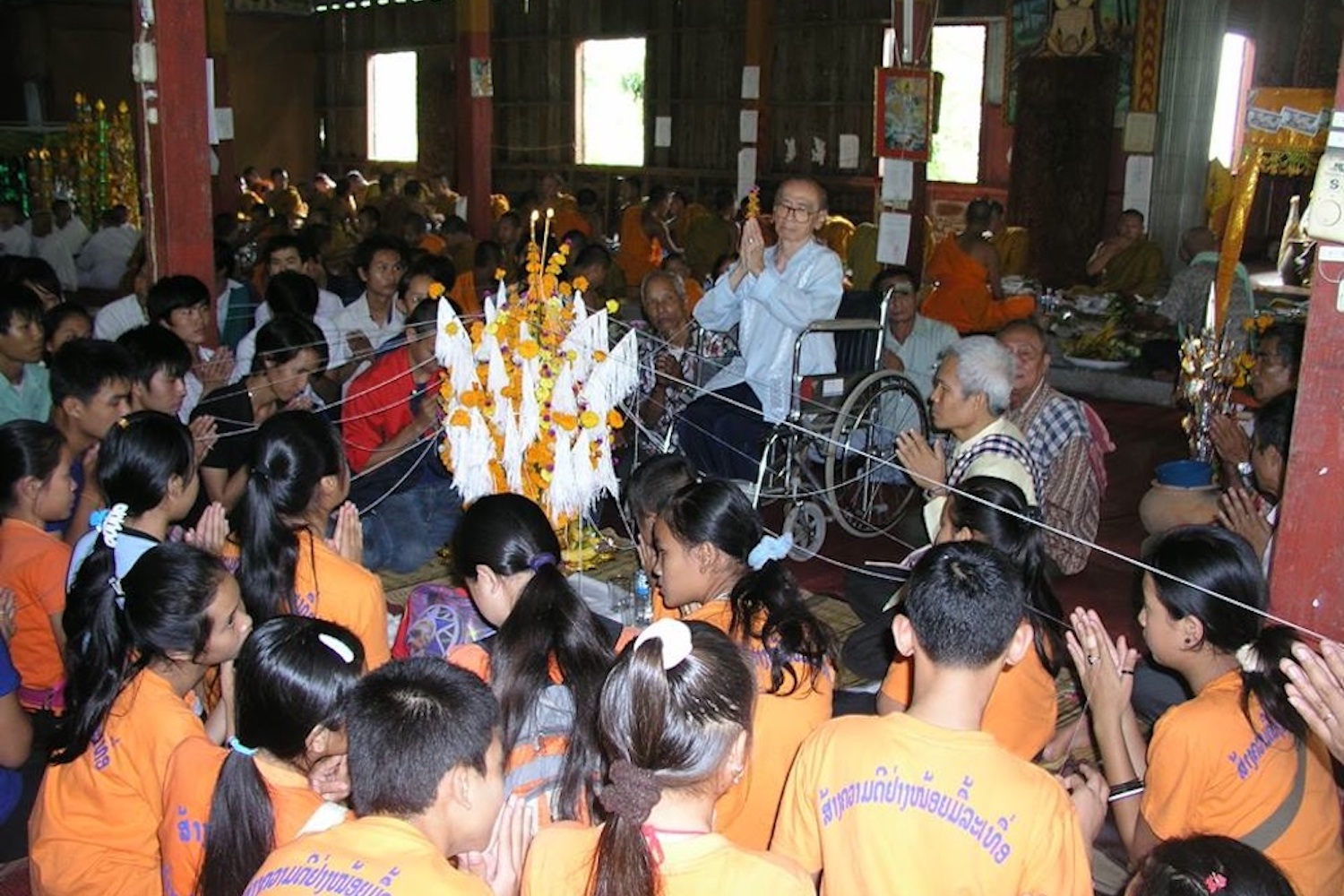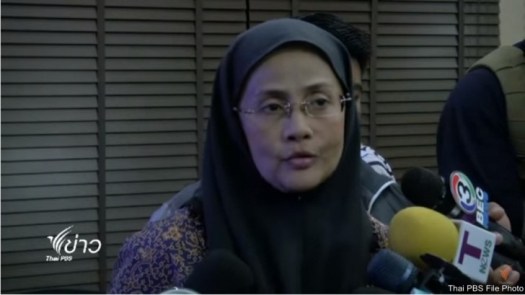Interaksyon: 05 July 2016

ULAAN BAATAR – Sombath Somphone, the missing development worker who won the Asian equivalent of the Nobel Prize, has been a focal point of the 11th Asia-Europe People’s Forum here.
The estimated 500 participants from the two continents and the host country Mongolia were asked by Somphone’s wife Shui Meng Ng to sign a petition asking the Lao government to surface him now.
Ng’s message, read by Evelyn Balais-Serrano of the Bangkok-based Forum Asia, also asked the Lao government to conclude its four-year investigation into what the international community, including the United Nations, the European Union, and the United States, has already dubbed as a case of enforced disappearance.
Her assumption that “AEPF was a safe, inclusive space for civil society engagement was misplaced” when Somphone disappeared right in front of a police outpost in the Lao capital of Vientiane in December 2012, Ng said. Continue reading “Surface missing devt worker Sombath: Asia-Europe People’s Forum to Lao govt”



 They have disappeared him. His name is Sombath Somphone, and he was — I’m not sure what the right tense is — a civil-society leader. They snatched him out of his car…
They have disappeared him. His name is Sombath Somphone, and he was — I’m not sure what the right tense is — a civil-society leader. They snatched him out of his car…






